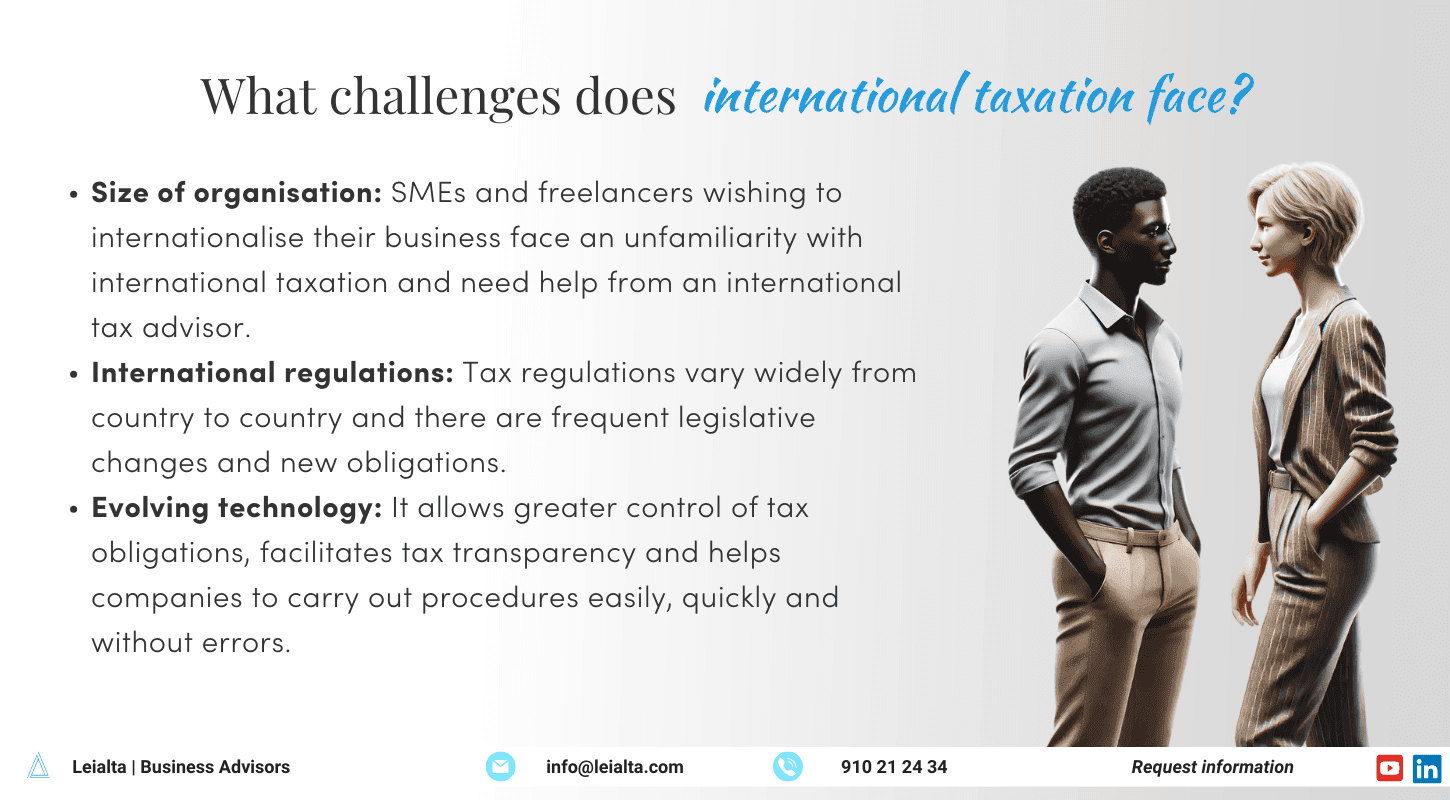
Recently, the Supreme Court has amended its ruling on disciplinary dismissals, establishing that a preliminary hearing is now mandatory in these cases. This decision represents a significant change for businesses, as failing to provide this right could render a disciplinary dismissal unfair. According to this new interpretation, employers must give employees the opportunity to defend themselves before making a final decision on dismissal.
This shift in jurisprudence underscores a more protective approach to workers’ rights, ensuring that employees can present their side of the story in cases of disciplinary dismissals. Below, we outline what this means for companies and how they should adapt to these changes.
What does the new requirement for a preliminary hearing entail?
Before proceeding with a disciplinary dismissal, employees now have the right to be heard. This means that employers must ensure the employee has the chance to defend themselves against the allegations before the dismissal decision is communicated. If the preliminary hearing is not provided, the dismissal will be deemed unfair.
What should companies do to comply with this new requirement?
Companies will need to adjust their internal procedures to comply with the new law. The preliminary hearing can be conducted either in writing or orally, but it must be formal and properly documented. During this process, the employee will have the opportunity to present their version of the events and defend themselves against the allegations.
Furthermore, companies need to be mindful of the timelines for holding the preliminary hearing, as failure to comply could cause delays in executing disciplinary dismissals. It is crucial that companies follow the procedures closely to avoid potential disputes.
Are there exceptions to this new preliminary hearing requirement?
Yes, the Supreme Court acknowledges that in cases of urgency or flagrancy (e.g., when an employee commits an evident unlawful act), the preliminary hearing may not be necessary. In such situations, the employer can proceed with dismissal without hearing the employee, but this must be properly justified.
What are the consequences of omitting the preliminary hearing?
If the employer fails to provide the preliminary hearing, the dismissal may be deemed unfair. This means that, in addition to paying compensation for an unfair dismissal, companies may face penalties and legal action from the affected employees. Therefore, companies must ensure that the preliminary hearing process is properly followed to avoid financial and legal risks.
How should the preliminary hearing be conducted?
While the Supreme Court has not established strict guidelines on the format of the preliminary hearing, it is advisable to conduct it in writing to ensure compliance with legal requirements and proper documentation. The hearing must provide the employee with a genuine opportunity to defend themselves, allowing them to present any relevant evidence.
What impact will this change have on labour relations?
This change strengthens workers’ rights, ensuring they have the opportunity to defend themselves before a dismissal. For employers, this will result in an increased administrative burden as they adjust their disciplinary dismissal procedures, but it will also provide greater legal security regarding the protection of employees.
In summary, the Supreme Court has reinforced the worker’s right to be heard before a disciplinary dismissal. Companies must adjust their practices to comply with this new regulation and avoid the consequences of an unfair dismissal.
If you need guidance on how to implement this change in your business, feel free to contact us. At LEIALTA, we can help you ensure your labour procedures meet the new requirements and avoid unnecessary risks.



